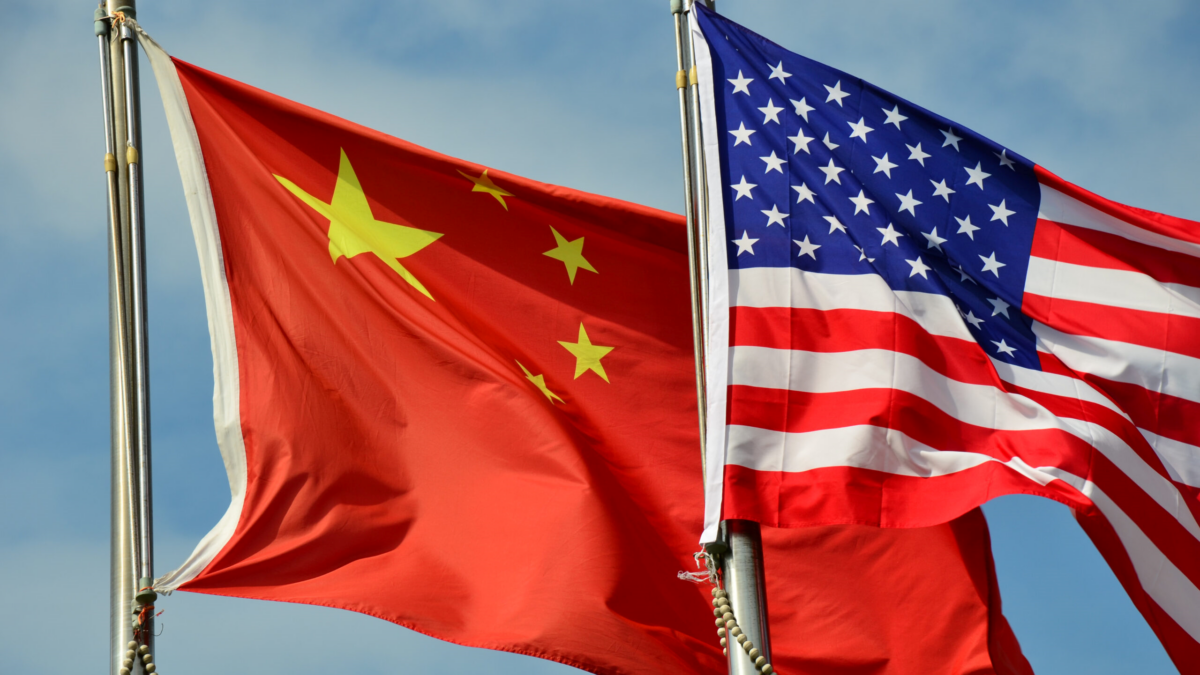As tensions between the US and China increase, the Asia-Pacific region’s geopolitical landscape is undergoing substantial changes. Recently, a prominent Chinese defence official said that the US was trying to create an Asia-Pacific branch of NATO. This charge has significant ramifications for the nations in the region and highlights the growing power struggle.
Strategic Concerns and US Intentions
China’s Defence Minister Li Shangfu expressed Beijing’s concerns at the Shangri-La Dialogue in Singapore, claiming that Washington is attempting to form an alliance in the Asia-Pacific region akin to NATO. Li claims that this action is seen as an attempt by the US to uphold its hegemony and fend off China’s expanding power. The United States of America (US) has been strengthening its alliances with a number of nations in the region, such as South Korea, Japan, and Australia, and promoting military cooperation through programs like AUKUS (Australia, UK, and US) and the Quad (US, India, Japan, and Australia).
On the other hand, US officials claim that their activities are intended to ensure regional security and stability rather than restrain China. They stress the significance of an Indo-Pacific region that is open and free and where sovereignty and international law are upheld. The purpose of this story is to calm partners and allies in the region who are worried about China’s wider military aspirations and its forceful activities in the South China Sea.

Impact of Asia-Pacific NATO on Regional Security Dynamics
There are important security ramifications for the region from the possibility of an Asia-Pacific NATO. Strong security links between the US and nations like Australia and Japan mean that these measures are likely to have backing from these nations. Japan has been strengthening its military capabilities and expanding its security cooperation with the US in response to growing challenges from North Korea and a rising China. Australia is strengthening its place in the US-led security system by participating in AUKUS and obtaining cutting-edge military hardware, such as nuclear-powered submarines.
Southeast Asian countries like Indonesia, Malaysia, and Cambodia might not be as fond of the idea of an alliance akin to NATO. These nations have always tried to keep their relations with China and the US in careful balance. They would rather concentrate on the neutrality and non-alignment tenets of ASEAN rather than get sucked into a great power rivalry. The region might become unstable if these countries were under pressure to choose a side via the establishment of an official military alliance.
China’s Response and Regional Consequences
China will probably use a multifaceted approach in reaction to what it sees as US encirclement. With programs like the Belt and Road Initiative, Beijing has already been stepping up its diplomatic and economic ties with nations in the area. It may also hasten the upgrading of its armed forces and increase its footprint in hotspots like the South China Sea. China might provide a counterbalance to US-led alliances by strengthening its ties with Russia and other nations that are fed up with US policies.

The growing rivalry between the United States and China offers opportunities as well as challenges for smaller countries like Fiji and Brunei. These nations run the risk of becoming sucked into a geopolitical tug-of-war between the two superpowers, but they might also use their strategic locations to draw additional financial and military support. Closer connections between the US and other countries might strengthen the strategic capabilities of other countries, like India, which have their own security worries about China. India is probably going to be wary of entering any official military alliance, preferring to fortify its strategic independence through participation in coalitions centered around certain issues.
Broader Implications for the Asia-Pacific
The regional security architecture would undergo a substantial change with the creation of an Asia-Pacific NATO. It might increase tensions and spark an arms race, but it might also discourage aggressive acts by regional countries. The ability of nations to negotiate these intricate dynamics and strike a balance between their national interests and the demands of regional cooperation and peace is essential to the stability of the Asia-Pacific region.



